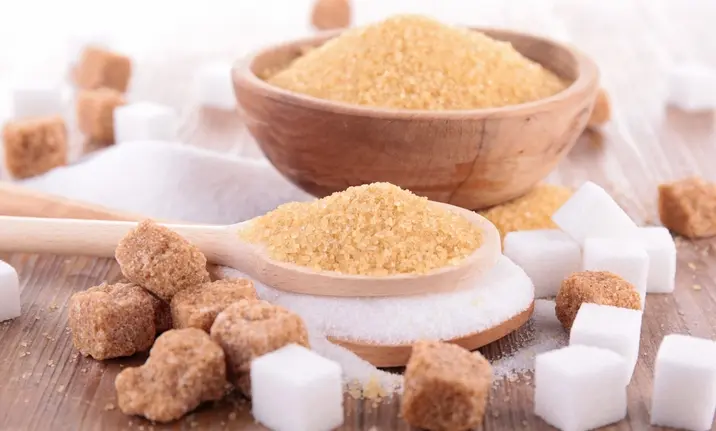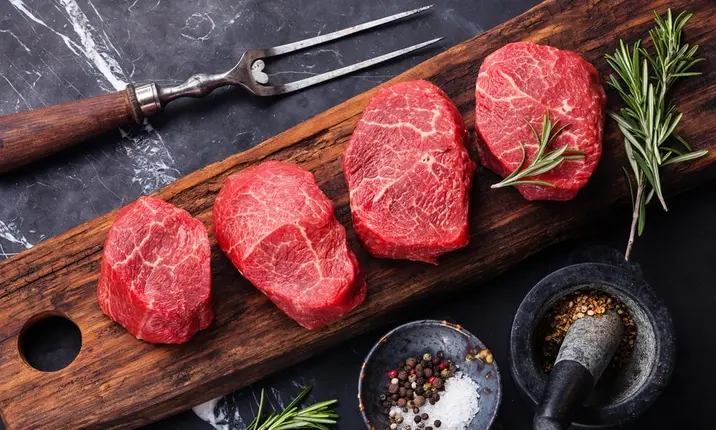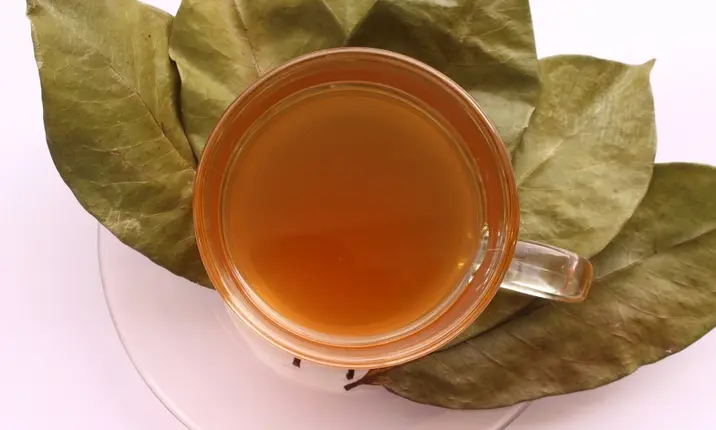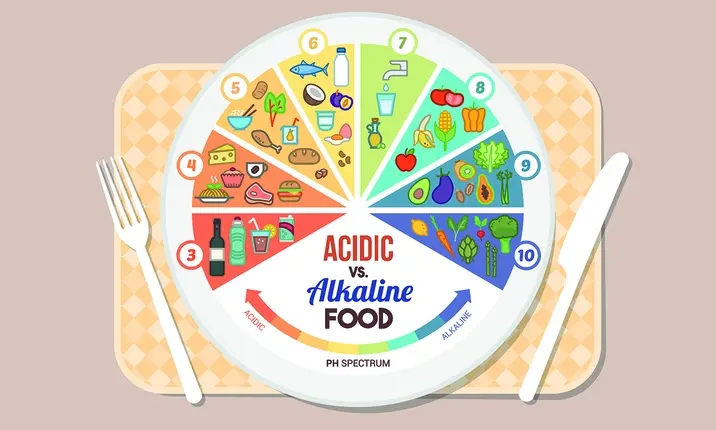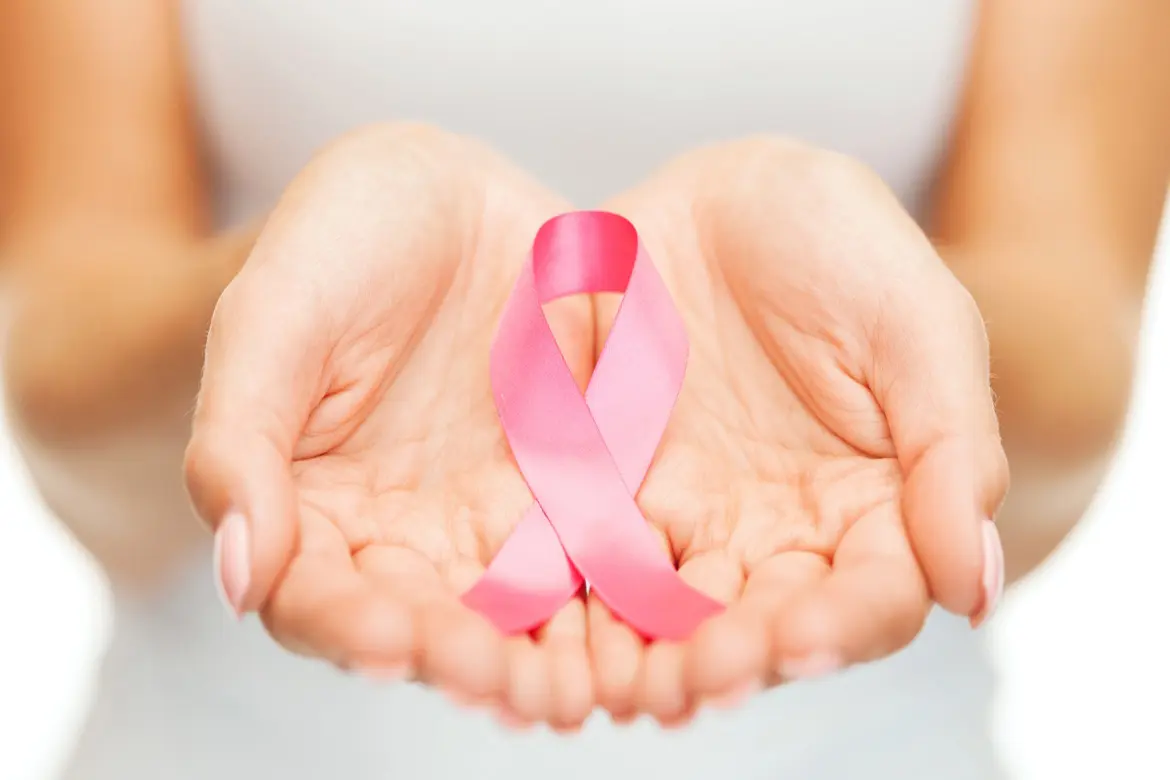
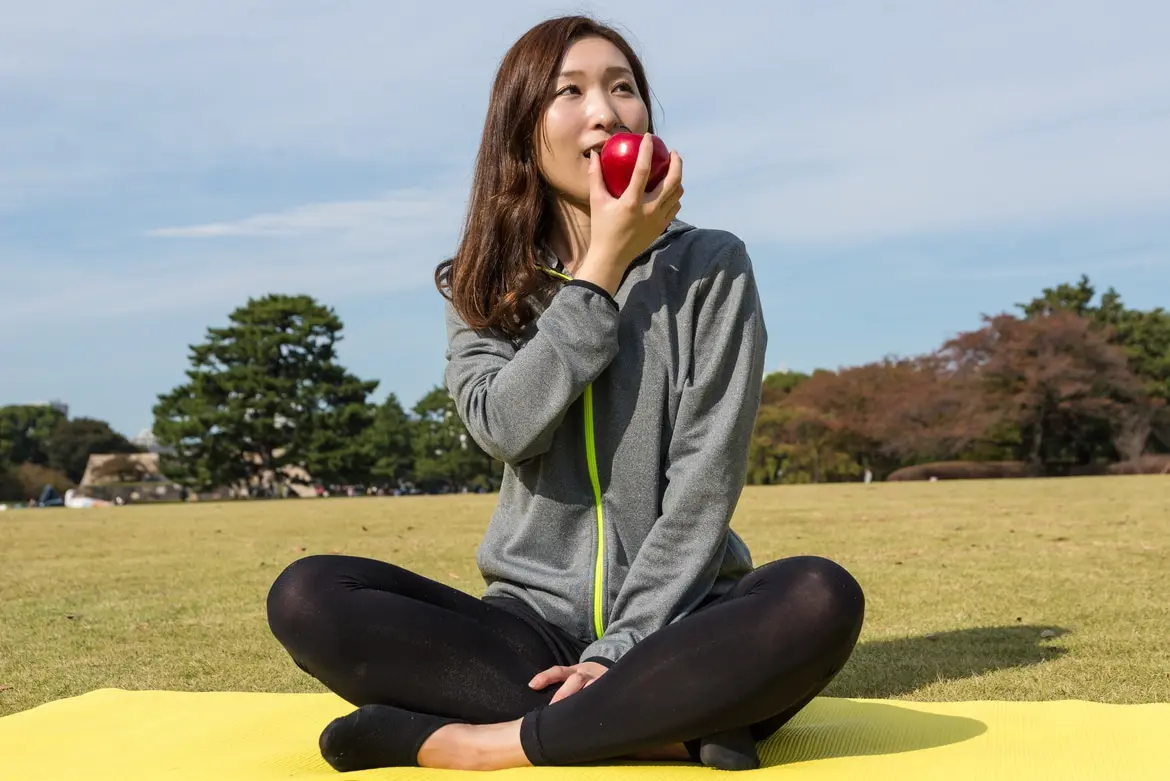
Source: Shutterstock
4 Common Cancer Diet Myths Debunked
Last updated: Thursday, January 28, 2021 | 4 min reading time
Louis Yap, dietitian at Mount Elizabeth Novena Hospital, explains 4 myths about cancer-causing foods.
Whether it is from the mouth of a family member, friend or colleague, cancer is never a word we want to hear – but when we do hear it, we instantly want to help by keeping that person company at chemotherapy sessions, buying things that will make their life more comfortable, or by offering advice.
In particular, dietary advice for people with cancer often comes in the form of hearsay – reading about a quick-fix remedy online, or hearing a rumour that cutting a certain food or drink out of your diet can help you get better faster.
Much of the information surrounding the links between cancer and diet is, at best, misleading or, at worst, totally false. Here, we bust some of the most popular cancer diet myths for you.
If you have any questions about your diet while on cancer therapy, it's best to consult your doctor for professional advice!
Myth #1: Eating sugar grows cancer cells
Lactose dehydrogenase (LDH)
Lactose dehydrogenase (LDH) is an enzyme that converts sugar into energy. Our bodies produce this enzyme naturally, but cancer patients are often found to have higher levels of it in their system. Oncologists can monitor this using an LDH test.
Higher levels of LDH means bodies convert more sugar into glucose, which gives all our cells more energy. Cancer cells need this energy to grow and spread rapidly. The myth follows that if we cut sugar out of our diet, LDH will be unable to convert it into energy, and this will stop cells from growing in the first place.
However, our healthy cells, like those that fight against cancerous growths, need the energy from sugar too.
Sugar, in the form of carbohydrates in our diet, provides humans with energy, fibre, and even some vitamins and minerals. It helps us to keep our moods up and maintain a healthy weight so that we do not become malnourished. Changes to the weight of a person with cancer can also affect the treatment process. Therefore, cutting out sugar completely is unlikely to be beneficial.
Myth #2: Eating meat causes cancer
Red and processed meat
Meat provides many important nutrients and it would be overly simplistic to believe that a plant-based would be effective in preventing cancer. It would be more accurate to say that certain types of meat such as processed and red meat are linked to increased risk for certain kinds of cancer, especially colorectal cancer.
Red meat includes beef, veal, mutton and venison while processed meats refer to any meat that is salted, cured, fermented, or smoked. Processed meats may also be treated with additives such as phosphate, glutamate or ascorbic acid.
In addition, the way in which meat is cooked is also a factor. Methods such as grilling and barbecue cooks meat at high temperatures and the resulting burned or charred meat results in the formation of carcinogenic chemicals.
A vegetarian diet provides many of the vitamins and minerals a healthy individual requires, including essential antioxidants and other anti-cancerous compounds. However, a vegetarian diet is often lacking in protein, which plays an important role in helping the body to heal from chemotherapy or radiotherapy. Protein also helps to boost the body's immune system.
If a person with cancer decides to omit meat altogether, they must ensure they consume an adequate amount of protein alternatives such as tofu, beans, dairy products or even oral nutrition supplements.
Myth #3: Soursop leaf drinks shrink tumours
Many people theorise that making drinks using soursop leaves can help to reduce the number of cancerous cells, especially for breast or prostate cancer.
This is because it contains a type of phytochemicals known as annonaceous acetogenin compounds (AGEs) that kill, block or fight certain types of cancers.
However, studies have yet to prove whether this is an effective remedy. So far, scientists have only conducted experiments on individual cells and mice in laboratory environments.
As such, experts do not recommend soursop as a proven remedy for cancer. However, it is certainly a nutrient-packed fruit that contains calcium, magnesium, and iron.
Juicing is a great and simple food preparation method that packs lots of nutrients and minerals into a 250ml glass. Each cup of pulp contains 46.4 milligrams (mg) of vitamin C.
This is especially important when a person with cancer is not eating enough, or cannot stomach certain foods. This method can help to maximise the benefits of every bite they take. However, juicing removes a lot of the fibre from food, which is also important for a wholesome, well-rounded diet.
Blending, on the other hand, benefits those experiencing constipation, which is a common side effect of chemotherapy, and boosts the nutrients in every bite.
Myth #4: Eating acidic foods will grow more cancer cells
Alkaline-rich diet and cancer
The concept that an alkaline diet for preventing cancer is based on a claim that cancer cells thrive in an acidic environment and can't survive in alkaline surroundings. Therefore, the assumption is that an alkaline-rich diet will promote a more alkaline environment and thus prevent cancer from forming.
According to spokespeople for this diet, the naturally acidic condition of our body promotes the growth of cancer cells. This is why they encourage people to adopt an alkaline-rich diet by eating more vegetables and fruit.
However, a prominent study recently conducted a search into thousands of papers only to discover no concluding evidence that a diet rich in acid would lead to bladder cancer.
It is also too simplistic to say vegetables and fruits help to reduce the risk of cancer because they are alkaline, and that we should avoid all acidic foods. Many vegetables and fruits are actually acidic, including lemons, limes, cabbage, grapes, mushrooms, pomegranates and blueberries, and all of these have their own health benefits.
Acid-rich diet and cancer
There is no evidence that diet can change the body's natural pH level which is 7.4. Furthermore, cancer cells produce their own acidic environment to ensure its survival hence the acidity or alkalinity of a person’s diet is irrelevant. Instead, a balanced diet, with a variety of food types and nutrients, is more important.
How you can help
A person with cancer needs to get enough calories and nutrients to help the treatments work better and boost their immune system. If they already eat a well-rounded diet, a drastic overhaul is not required. However, some days, they may not feel like eating, swallowing may be an issue, or they may not be able to taste foods properly. If you are looking for ways to help someone with cancer live more comfortably, you can try:
- Creating an eating schedule
- Experimenting with foods
- Serving smaller amounts more frequently
- Making foods visually more appealing
- Avoiding certain foods that make them feel queasy
- Keeping healthy snacks on hand
If you've more questions on this topic, make an appointment with a dietitian or doctor.
 Brain & Spine Care
Brain & Spine Care